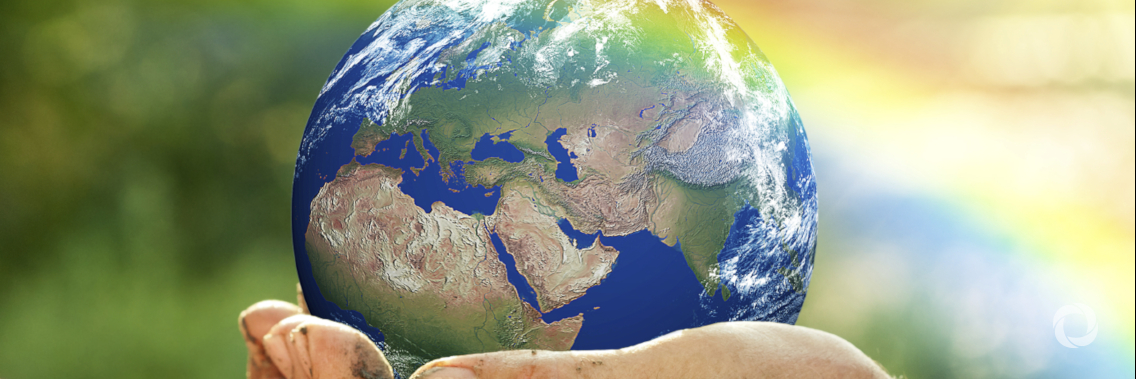The 2030 Agenda and the Paris Agreement share the purpose of creating a more resilient, productive and healthy environment for present and future generations. Nations must seize the opportunity to raise their ambition, realize synergies and minimize trade-offs.
The year 2015 marked a milestone in humanity’s efforts towards building a better and more sustainable future that leaves no one behind. Two transformative agreements were adopted by nations within the span of a few months: the 2030 Agenda for Sustainable Development and the Paris Climate Change Agreement. Adopted separately, they nevertheless share the common goal of building a climate-safe future that is more sustainable, resilient and prosperous for all.
Climate change is more than just one of the 17 Sustainable Development Goals (SDGs) specified in the 2030 Agenda for Sustainable Development, it impacts most of the other SDGs as well. It is a threat multiplier, with the potential to worsen some of humanity’s greatest challenges, including health, poverty, hunger, inequality and ecosystem preservation, among others. Conversely, addressing climate change also offers humanity’s greatest chance to positively impact these goals. At the same time, the SDGs themselves provide an impetus towards a just and equitable transition to a climate-safe future. The world is, unfortunately, not on track.
Under the Paris Agreement, nations resolved to pursue a goal of limiting global warming to as close as possible to 1.5°C to prevent the worst effects of climate change. But we are falling behind.
Clearly, a short window of time remains to meet this objective. Unfortunately, current national climate plans — or Nationally Determined Contributions (NDCs) — do not reflect this urgency. Taken together, they will not succeed in limiting global warming to 1.5°C, according to the most recent United Nations Emissions Gap Report. Even the most conservative estimates have that number nearly doubling by the end of this century if we continue with business as usual.
This makes climate change not a distant threat, but a clear and present danger to humanity. Extreme weather events occur more regularly, and storms that were often described as ‘once-in-a-century’ now arrive more frequently. Recent disasters such as the Cyclone Idai, which impacted millions in Malawi, Mozambique and Zimbabwe, are a stark reminder of how extreme weather events are already negatively affecting lives and livelihoods throughout the world.
Although we are currently running behind in both tackling climate change and reaching the SDGs, there is still time to achieve both. The 2030 Agenda and the Paris Agreement give us the tools to address the challenges posed by climate change, poverty and inequality. We must use them. And, as UN Secretary-General António Guterres said in March, we need more action, more ambition and more political will. This will take unprecedented levels of collaborative, multilateral action. It will take increased efforts not by nations alone, but by all segments of society.
To unleash the power of both the Paris Agreement and the SDGs, we must ensure they work together. In the bigger picture, the 2030 Agenda and the Paris Agreement are really about the same things. They provide our biggest opportunity for positive, systemic change that will ensure a resilient, productive and healthy environment for present and future generations.
Joint opinion-editorial by UNFCCC Executive Secretary Patricia Espinosa and UN Under-Secretary-General for Economic and Social Affairs Liu Zhenmin.
Original source: UNFCCC
Published on 26 June 2019

